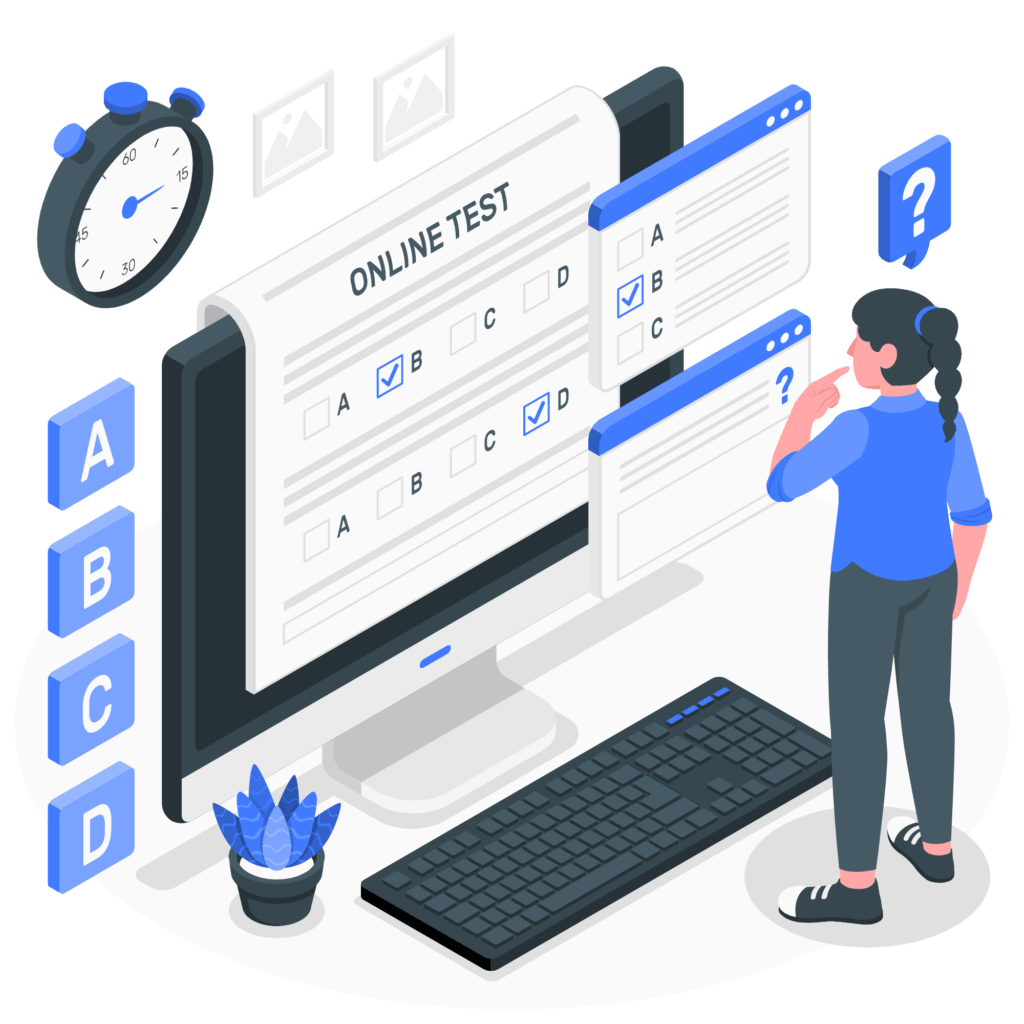Mastering collocations is a crucial aspect of language proficiency, especially when it comes to the PTE exam. Collocations are combinations of words that commonly occur together and understanding them can greatly enhance your overall language skills. In this blog, we will explore the top 10 benefits of mastering collocations for the PTE exam and how they can contribute to your success.

1. Enhances Vocabulary:
Mastering collocations expands your vocabulary by providing you with ready-made phrases and expressions that native speakers commonly use. This allows you to express yourself more fluently and naturally, which is a key component of the PTE exam.
2. Improves Grammar:
Collocations help you develop a better understanding of how words fit together in a sentence. By mastering collocations, you gain a deeper grasp of grammar rules and sentence structures, which is essential for achieving a higher score in the PTE exam.
3. Boosts Speaking Fluency:
When you use collocations appropriately, it enhances your speaking fluency and accuracy. The PTE speaking section evaluates your ability to express ideas clearly and coherently, and incorporating collocations in your speech can significantly enhance your performance.4. Enhances Writing Cohesion: Collocations improve the coherence and cohesion of your writing. By using collocations correctly, you can create well-connected paragraphs and express your ideas more effectively, which is essential for the writing tasks in the PTE exam.

4. Enhances Writing Cohesion:
Collocations improve the coherence and cohesion of your writing. By using collocations correctly, you can create well-connected paragraphs and express your ideas more effectively, which is essential for the writing tasks in the PTE exam.
5. Strengthens Listening Comprehension:
Mastery of collocations enables you to understand spoken English more easily. As the PTE listening section assesses your ability to comprehend spoken language, recognizing collocations helps you grasp the intended meaning faster and accurately answer the questions.

6. Improves Reading Comprehension:
Understanding collocations enhances your reading comprehension skills. By recognizing collocations in written texts, you can better comprehend the context, infer meanings, and answer reading comprehension questions more accurately in the PTE exam.
Prepare smarter, not harder – try our free PTE mock tests today!
7. Provides Contextual Understanding:
Collocations provide insight into how words are used in real-life situations. Mastering collocations gives you a better grasp of idiomatic expressions, phrasal verbs, and other language nuances, which is essential for comprehending and producing natural English in the PTE exam.
8. Enhances Lexical Resource:
The PTE exam assesses your lexical resource, which refers to the range and accuracy of your vocabulary. By incorporating collocations into your language repertoire, you can demonstrate a more diverse and precise choice of words, ultimately improving your lexical resource score.
9. Reduces Language Errors:
Using collocations correctly helps you avoid common language errors. As the PTE exam penalizes grammar and vocabulary mistakes, having a strong command of collocations minimizes the risk of errors and improves your overall score.

10. Provides a Competitive Edge:
Finally, mastering collocations gives you a competitive edge over other test-takers. Using collocations appropriately demonstrates your language proficiency and makes your responses stand out, allowing you to achieve a higher score in the PTE exam.
In conclusion, mastering collocations offers numerous benefits for the PTE exam. From enhancing vocabulary and grammar to improving speaking fluency and writing cohesion, collocations play a pivotal role in all aspects of language proficiency. By investing time and effort into mastering collocations, you can significantly boost your performance and increase your chances of achieving a high score in the PTE exam. So, make collocations an integral part of your PTE exam preparation and unlock the full potential of your language skills.
Quick & Easy
Book Your Exam in
60 Seconds
Fast, simple, and secure. Schedule your PTE Academic test now and take the first step toward your goals with PTENOTE's seamless booking experience.

 Who we are?
Who we are? 
